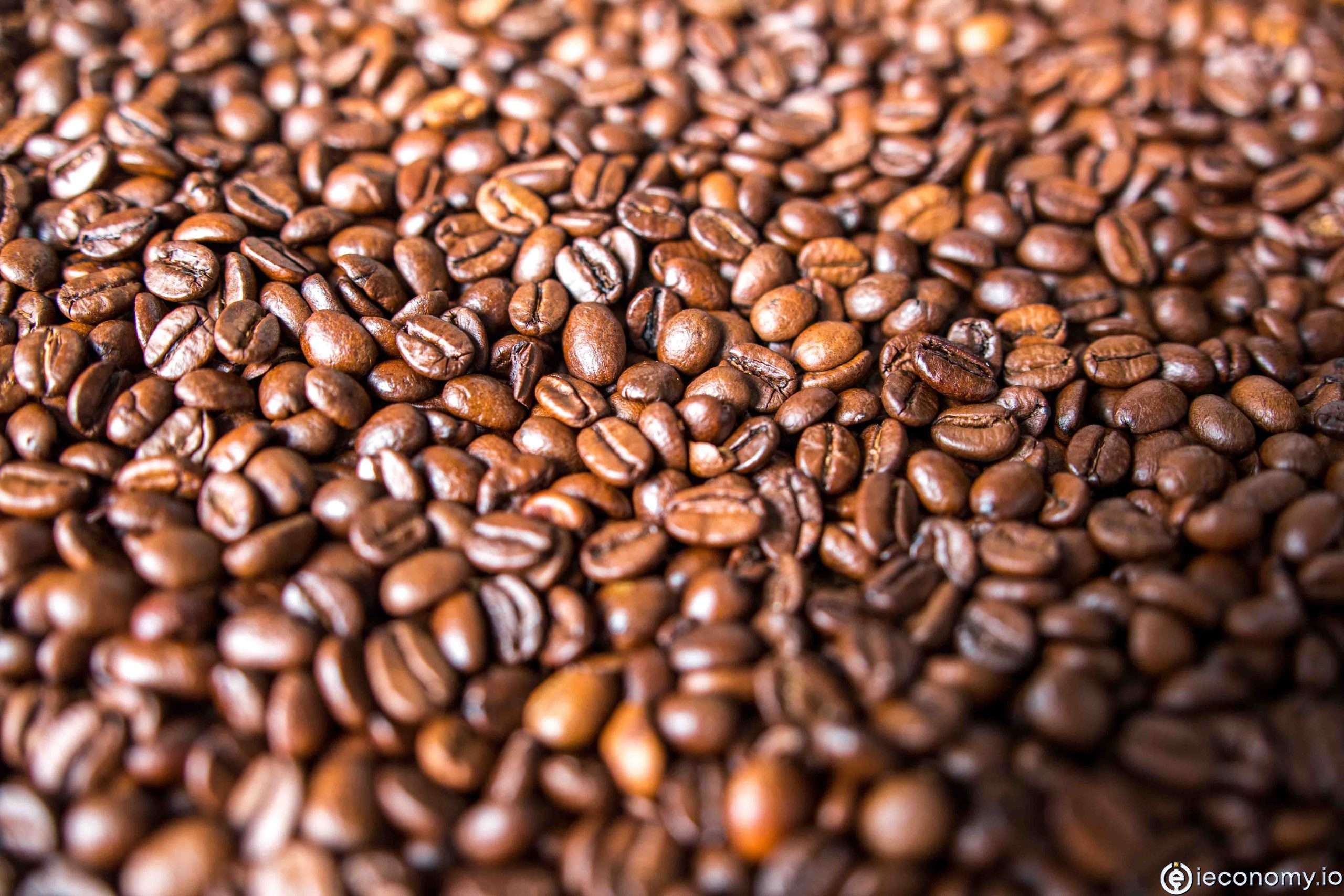2944
0
The price of coffee has risen to a ten-year high in recent days
The price of coffee has risen to a ten-year high in recent days. According to analysts, market tensions will continue until 2023.

Yazar: Tom Roberts
Yayınlanma: 7 Aralık 2021 03:57
Güncellenme: 19 Şubat 2026 05:27
The price of coffee has risen to a ten-year high in recent days
The price of coffee has risen to a ten-year high in recent days, where analysts say it will stay longer. According to them, market tensions will continue until 2023. Bad weather, especially in Brazil, global transport problems, but also uncertainty in some exporting countries contribute to this. Ethiopia is on the brink of civil war and the number of covid-19 cases in Vietnam is growing, which could affect production even more, the CNBC news website reported. Coffee prices are now around $ 2.30 per pound (0.45 kilograms). Last week, the price in New York rose to $ 2.46, the highest since 2011, when the price jumped over three dollars per pound. The International Coffee Association's reference price at the end of last week was $ 2.07 per pound, which was 85 percent more than a year ago. Commodity market analyst Ole Hansen of Saxo Bank CNBC said that a number of events had occurred in the last 12 months that caused prices to rise. The question for future price developments is whether these developments will last longer. According to him, it is necessary to focus mainly on Brazil, where this year the lowest temperatures were in several years, some growing areas were hit by frost or drought. The harvest will remain uncertain next year, and if the weather is also unfavorable, the harvest in 2023 will also be uncertain. Hansen pointed out that precisely because of concerns about developments in Brazil in 2011, the price of coffee rose to about three dollars a pound. In addition to bad weather, global supply problems are having a significant impact on the coffee market. Producers and roasters are usually located in different countries. "In the last five to eight years, we have had deliveries focused on one or two large producers, one of which was Brazil and one Vietnam," said Maximillian Copestake, Marex's CEO for coffee in Europe. If production in one or both countries is disrupted, the market tries to get other countries to produce coffee. This time, however, difficulties in freight transport also added to production problems, which increased market tensions. Copestake noted that it takes about two years for coffee production to respond to a change in price. He believes that the market is not out of the worst and expects prices to remain high and fluctuate more in the future.İLGİLİ HABERLER





European stocks soared and focus shifted to German retail sales after Powell's speech!

Forex Signal For TRY/USD: Inflation Slowdown in November.

Forex Signal For GBP/USD: Bullish Trend Still Not Breaking While Recovery Continues.

Forex Signal For EUR/USD: Starry US Data Points to Higher Fed Increases.

Forex Signal For BTC/USD: Downside Continues as Bitcoin Recovery Moves Less.
En Popüler Haberler
Yorum Yap
Yorumlar
Henüz yorum yapan yok! İlk yorumu siz yapın...